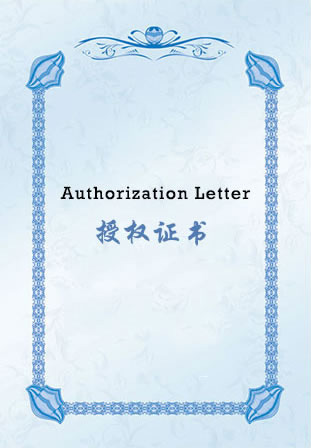Yangtze Normal University is a full-time, comprehensive institution of higher education under the leadership of the Chongqing Municipal Government of the People’s Republic of China. The campus is located in the city of Fuling, at the conjunction of the Yangtze and Wu Rivers, the historic capital of the ancient Ba Tribe. The area has a long history and a rich cultural legacy. Fuling is 100 kilometers from Chongqing city, which is accessible by train or via the Yu-Fu Highway. Influenced by the Ba, Baihe-liang and I Ching cultures, Yangtze Normal University is the only teachers’ college in the ecological and economic zone of the Three Gorges Reservoir Area and the minority area in South-East Chongqing. Near the university, there are many famous locations, such as the Ghost City in Fengdu, Furong Cave, Jinfou Mountain and Fairy Mountain.
Yangtze Normal University plays an important role in the development of Chongqing’s higher education. The University combines reform, innovation and the spirit of hard work, being unwilling to lag behind. At present, the three campuses (Jianfu, Jiangdong & Lidu) of the university occupy an area of 1,642 acres(1,094,000 Square meters), with a built area of 500,000 square meters. There is a full-time enrollment of over 13,827 students and more than 30 oversea students from USA, Austrilia, Thailand, Fiji, New Zealand and Mexico, who can share a variety of teaching and laboratory facilities with a value over fifty million Yuan. The library, equipped with an electronic reading-room with 120 seats, has a collection of over 1,000,000 books and 160,000 copies of E-books, and subscribes to more than 2,000 Chinese and overseas periodicals. Additionally, there is a biochemistry experiment building, a complex laboratory building, a teaching building for art students, an education and training center, an athletic field with a 400-meter standard track, a gymnasium, and a basketball hall. The University has 1,320 faculty and staff, including 775 full-time teachers, of whom 199 are associate professors, and 43 are professors. Furthermore, there are more than 369 doctors and masters degree holders, 40 part-time professors and 5 foreign teachers(4 from USA and 1 from Japan). The university has made great strides in its building and research specialties. Now, the university is comprised of eighteen departments (or colleges), providing 29 specialties for undergraduate students. The programs fall into eight disciplines, namely literature, science, law, engineering, economics, and science of management, education and historiography. There are five key disciplines of the university level; Modern Chinese Literature, Ancient Chinese Literature, Education of Marxist Theory and Education in Ideology and Politics, Physical Chemistry, and Condensed Matter Physics.








 Chinese
Chinese
 English
English
 Korean
Korean
 Japanese
Japanese
 French
French
 Russian
Russian
 Vietnamese
Vietnamese
